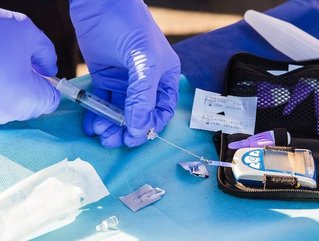FDA warns of cybersecurity risk with insulin pumps

The US Food and Drug Administration (FDA) is alerting medical device users about a cybersecurity risk for the Medtronic MiniMed 600 Series Insulin Pump System. There is a potential issue associated with the communication protocol for the pump system that could allow unauthorised access to the pump system. If unauthorised access occurs, the pump’s communication protocol could be compromised, which may cause the pump to deliver too much or too little insulin.
The FDA says the MiniMed 600 series pump system has components that communicate wirelessly (such as the insulin pump, continuous glucose monitoring (CGM) transmitter, blood glucose meter, and CareLink USB device). For unauthorised access to occur, a nearby unauthorised person (person other than you or your care partner) would need to gain access to your pump while the pump is being paired with other system components.
The FDA says is not aware of any reports related to this cybersecurity vulnerability.
Medtronic issued an Urgent Medical Device CorrectionExternal Link Disclaimer to inform medical device users of this cybersecurity risk and included actions and recommendations for users to take.
The FDA said in a statement: "We are working with Medtronic to identify, communicate, and prevent adverse events related to this cybersecurity vulnerability.
"All legally-marketed medical devices have benefits and risks. The FDA clears, authorises, and approves devices to be marketed when there is a reasonable assurance that the devices are safe and effective for their intended use.
"Medical devices are increasingly connected to the Internet, hospital networks, and other medical devices to provide features that improve health care and increase the ability of health care providers to treat patients. These same features also increase potential cybersecurity risks. Medical devices, like other computer systems, can be vulnerable to security breaches, potentially impacting the safety and effectiveness of the device.
"Threats and vulnerabilities cannot be eliminated and reducing cybersecurity risks is especially challenging. The health care environment is complex, and manufacturers, hospitals, and facilities must work together to manage cybersecurity risks."






